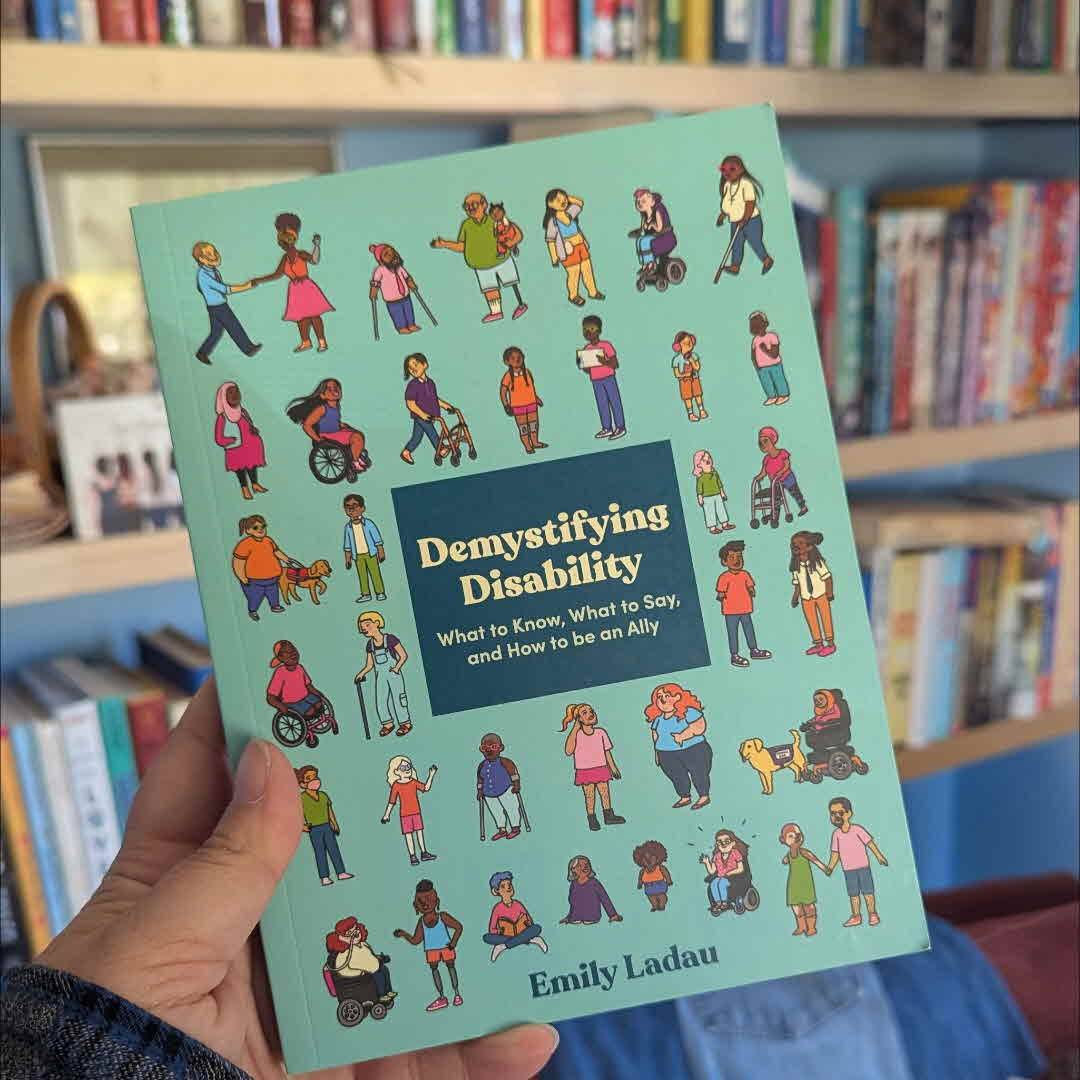
I considered myself well versed but golly this author gave me so much more to think about! Should be required reading for all humans.

I considered myself well versed but golly this author gave me so much more to think about! Should be required reading for all humans.
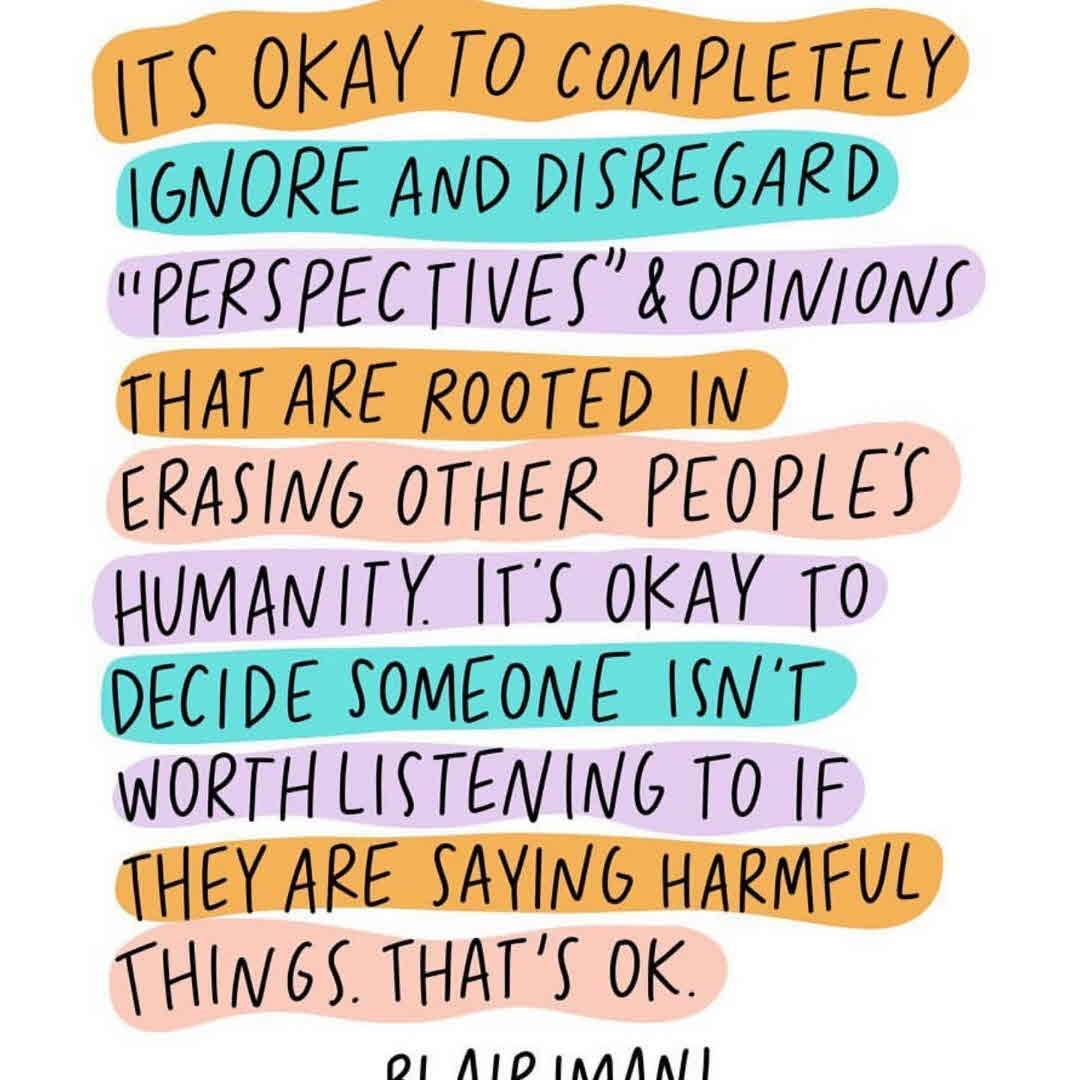
#MondayMood I don't have to respect your opinion if your opinion disrespects the humanity of others.
(The credit at the bottom of the image is cut off, this is from Blair Imani, follow her on your other Social Media of choice for awesome content, her Smarter in Seconds series is so worth your time!)
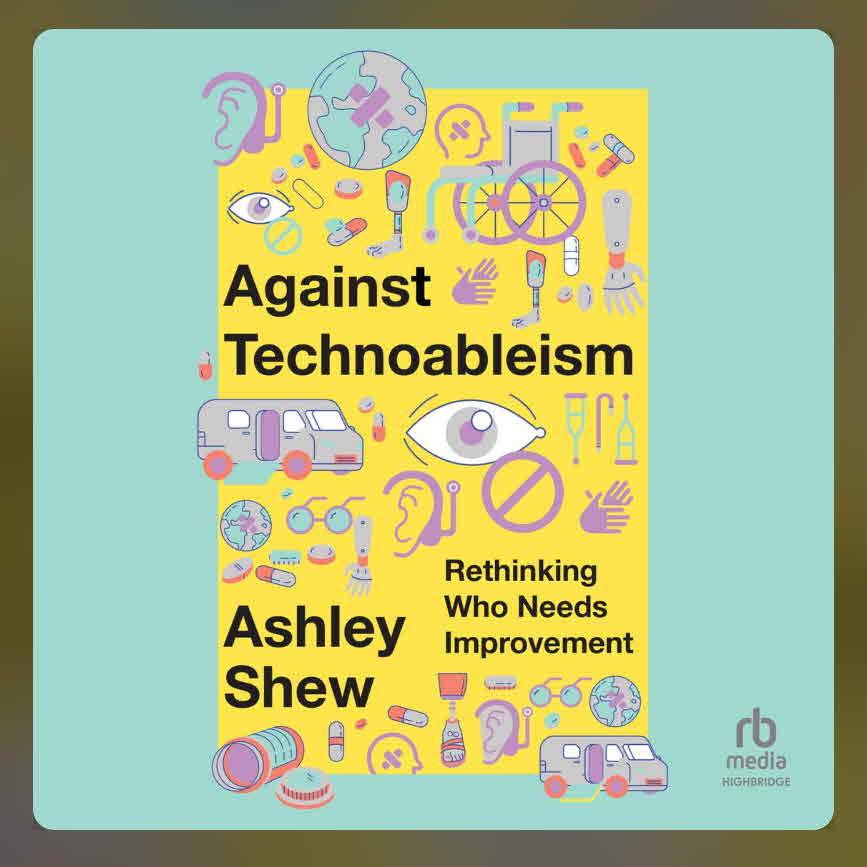
This was a really insightful discussion about disability and how most of society expects the disabled to use technology to become "normal" instead of changing our expectations and the world to better serve them.
Each topic was approached in a lighthearted manner, while also calling out the ableist biases typically involved. It definitely brought some things to my attention.
This was my May #bookspin @TheAromaofBooks and #roll100 @PuddleJumper

Please excuse me getting on my soapbox for a minute, but I saw that the #DynamicDs prompt for today is #DifferentlyAbled
Can we just not with the “differently abled” language? I‘m disabled. So is my sister, my cousin, and some of my friends. I‘ve been a part of disability groups politically/professionally. We either use “disabled” or “person w/ a disability.”
Tagged is good if you want to learn. Pic of sister‘s invisibly disabled cat for tax.
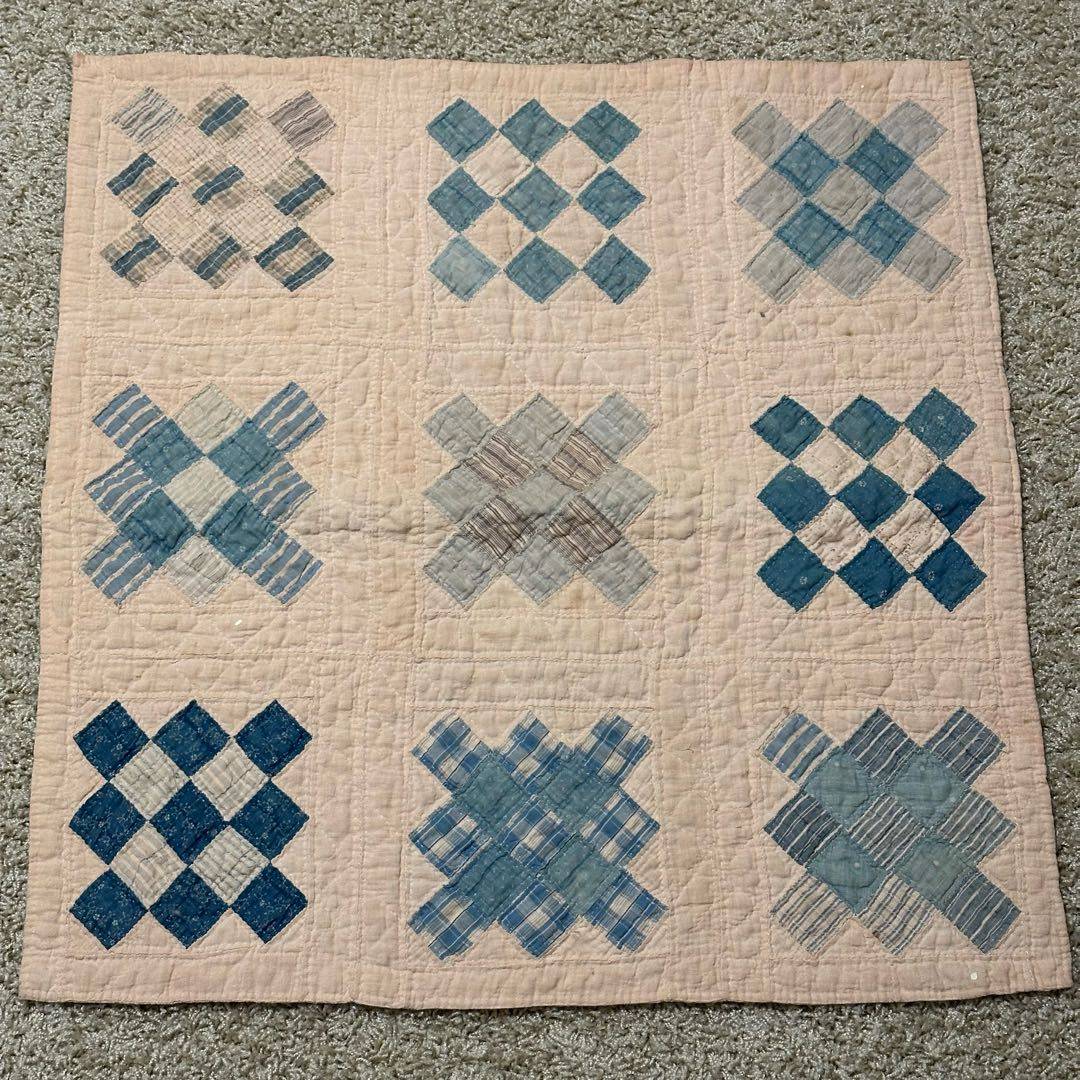
Fascinating and informative history of disability in the United States, as a legal definition and a population. Particularly fascinating to learn how various native American cultures treated disabled people. and conceived of disability
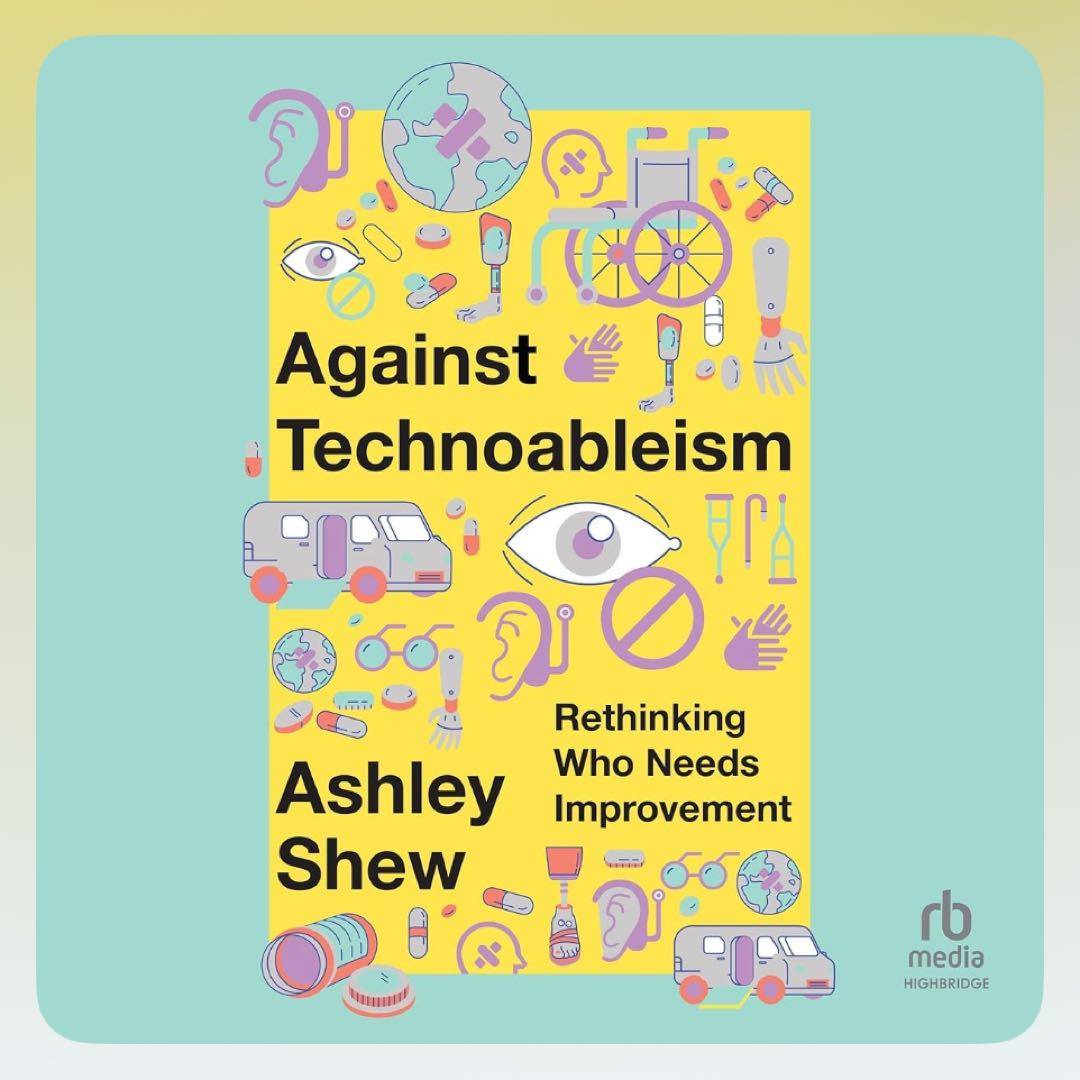
I‘m interested in what other disabled people have to say about the world we face today. Shew is a cancer survivor with an amputated leg and Crohn‘s. I like that she narrowed down the book to amputees and those with autism and looked at ways advancing science and “miracle” cures (like bionic limbs and sketchy autism cures) actually hinders progress for those with disabilities. Really interesting if you‘re disabled or into disability rights.
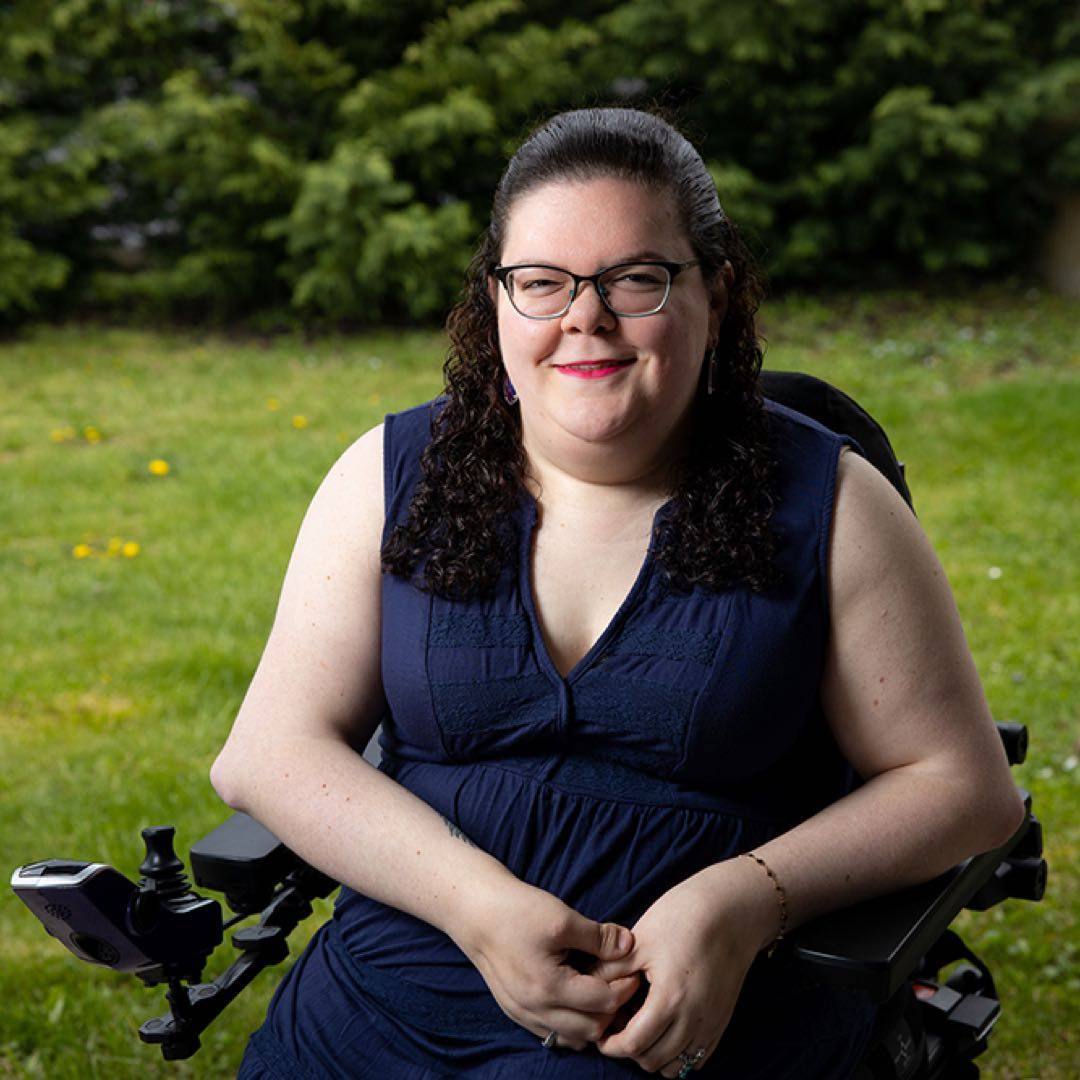
This is a fantastic book! The cover is gorgeous and is very inclusive. The author wrote this as part of her activism while she is living with multiple disabilities. She discusses the do‘s and don‘ts of language and action, what an expanded vision of accessibility looks like, and how to make it happen. I like how she breaks it down, shares experiences, is inclusive, and acknowledges privilege. I especially love how she describes disabled folx⬇️
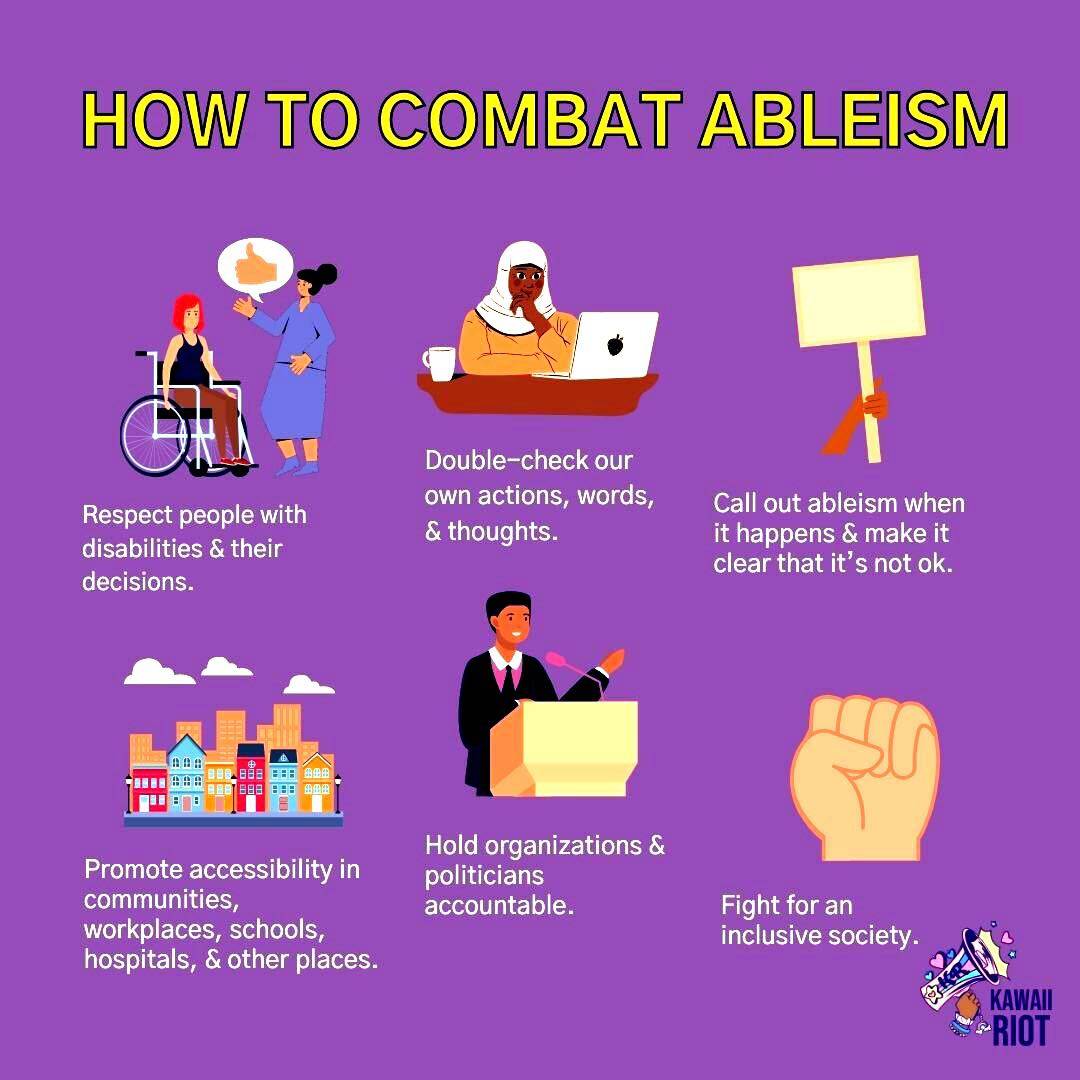
What are you doing with your newfound insight for the disability experience? Will you advocate for accessibility? Will you fight stigma?
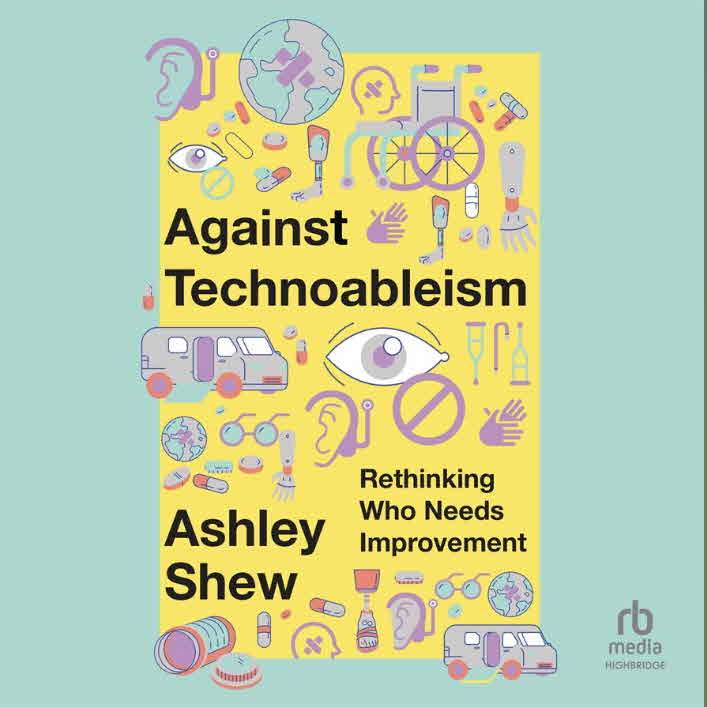
#SpringSkies Day 10 #NFTechnology
Looking forward to this one from my TBR
@Alwaysbeenaloverofbooks @Eggs
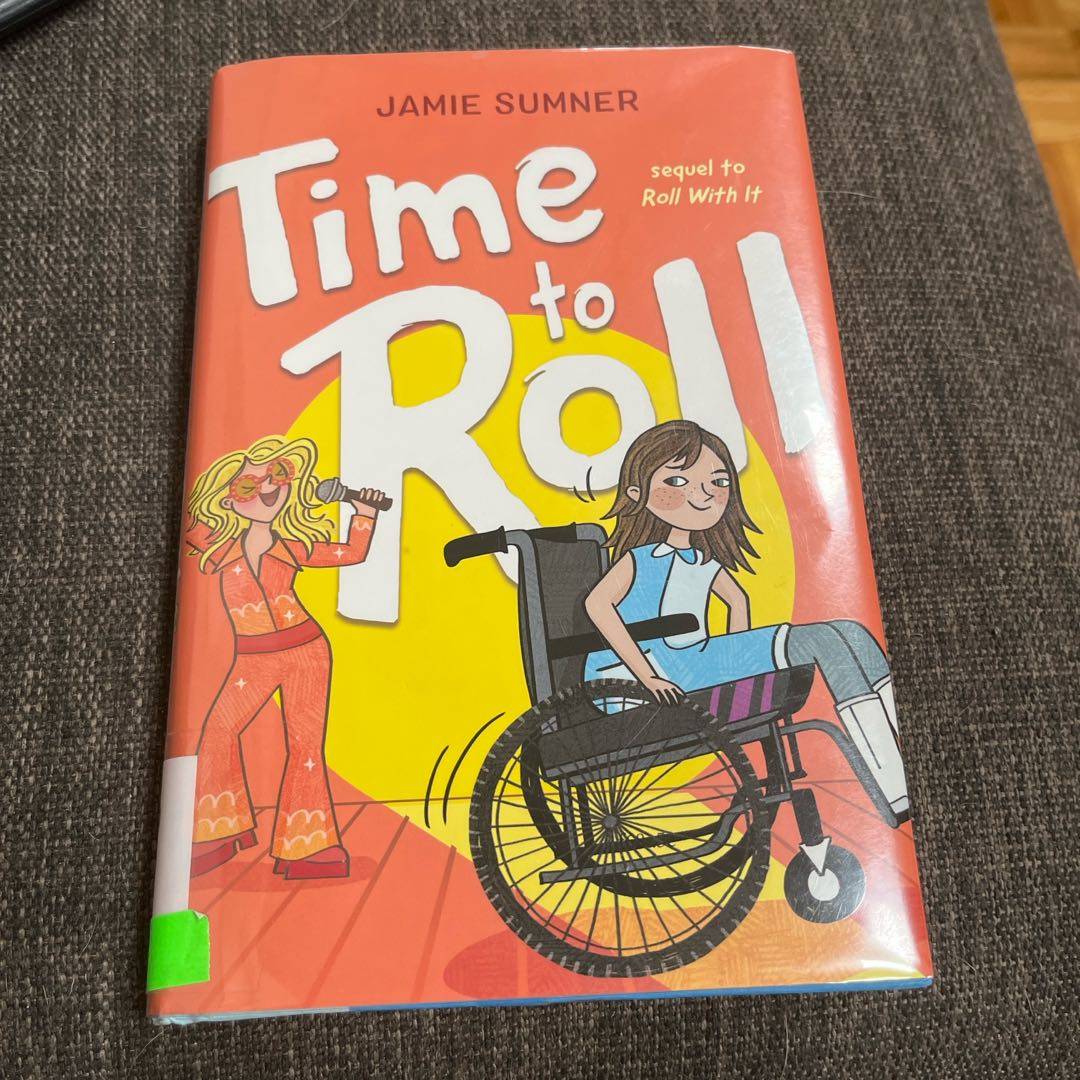
It was fun being back with these characters again! I really like Ellie, our protagonist, and her old and new friends. Her estranged dad and his new family play a nice part in this story too. I definitely recommend this series to middle grade readers!